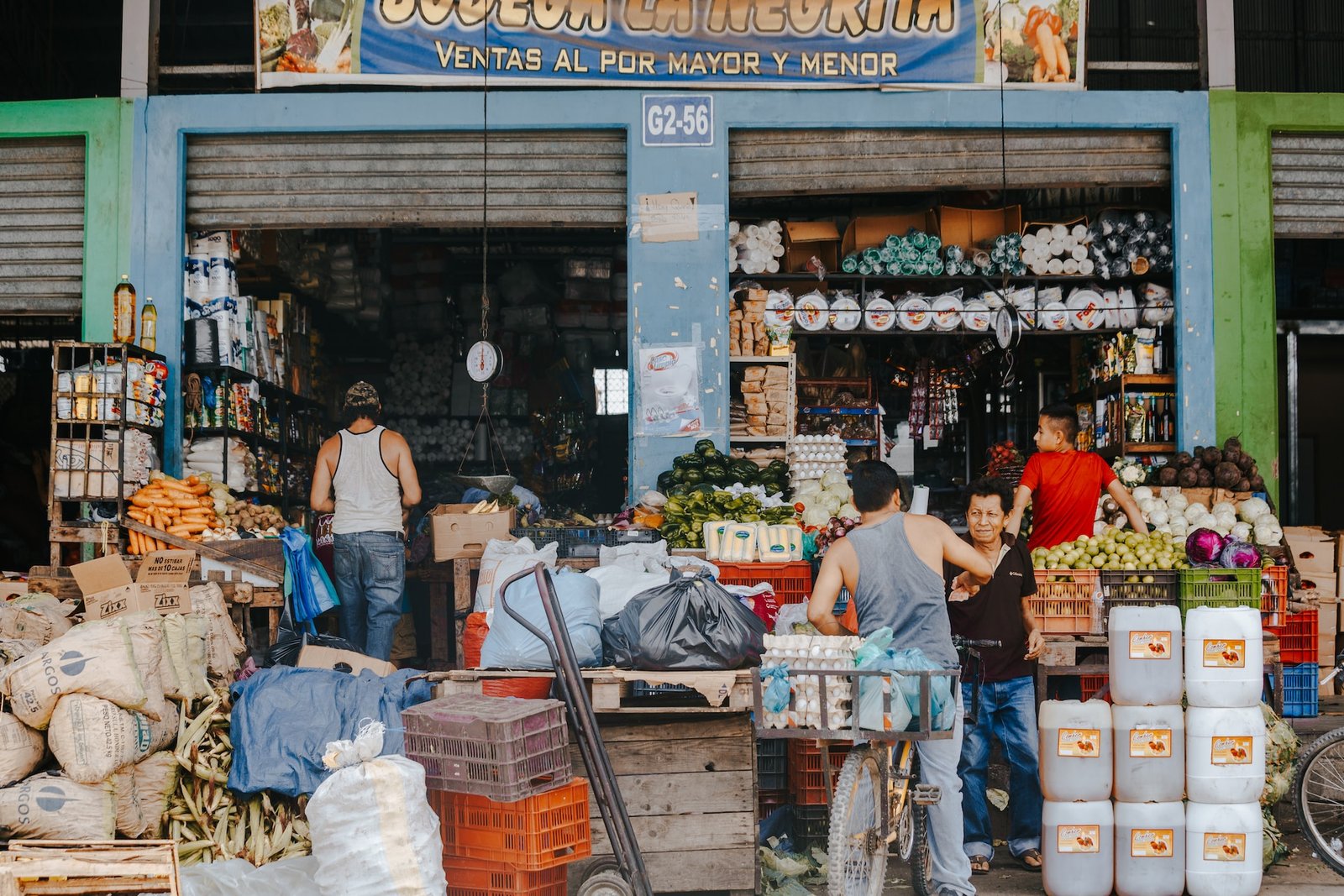Home > North America > Honduras > Honduras Pensionado/Rentista Visa | A Complete Guide
Honduras Pensionado/Rentista Visa | A Complete Guide
What is Passive Income Visa?
Passive Income Visa refers to a visa system where applicants can obtain long-term residency in a destination country based on a certain amount of income/savings without the need to invest or work.
Generally speaking, passive income visa programs in various countries have the following characteristics:
1. Strict limitations on the source of income: The applicant’s income needs to be completely passive, such as interest from savings, financial trusts, pensions, or at least non-wage income like investment returns, dividends, and distributions.
2. Visa holders cannot utilize local resources: In theory, you can only consume in the destination country and cannot seek employment locally. You also need to purchase your own health insurance and cannot use free welfare resources such as medical services.
3. Potential for eventual immigration: Almost all countries with passive income visa programs allow participants to apply for permanent residency or citizenship after legally residing there for a certain period.
If you are interested in a passive income visa, you can read another guide on the website: “Global Passive Income Visas | An Incomplete Guide”.
Honduras Pensionado/Rentista Visa:
Similar to most Latin American countries, Honduras offers two types of passive income visa application channels for interested individuals:
1. Retirement Visa (Pensionado):
This visa is issued to overseas retirees who have a stable foreign pension, insurance, or other fixed income, and can guarantee a monthly transfer of $1,500 USD into Honduras.
2. Non-Profit Visa (Rentista):
This visa is issued to foreign individuals who have stable income from sources outside Honduras and can guarantee a monthly transfer of $2,500 USD into a local account.
For both of the above visa types, if there are accompanying dependent applicants, the monthly income requirement for the main applicant will increase by $150 USD for each additional dependent. This means a family of three would need to demonstrate the ability to transfer $1,800 USD monthly into Honduras to apply for Pensionado Visa, or $2,800 USD monthly to apply for Rentista Visa.

Visa Advantages:
Compared to similar programs in other Latin American countries, the Honduras Retirement Visa and Non-Profit Visa offer three key advantages:
1. No Age Requirement:
These two income visas have no actual age restrictions. Applicants just need to meet basic criteria like being in good health, having no criminal record, and posing no threat to public safety to be eligible.
2. No Income Source Restrictions:
You can apply for the Honduras Non-Profit Visa with self-employment or remote work income. The local government isn’t concerned about the source of your income, as long as you can guarantee the required monthly transfer of overseas funds to Honduras.
3. Right to Work:
While holders of Retirement and Non-Profit Visas are, in principle, not allowed to work locally, you can apply for a work permit in Honduras after obtaining your visa, which then allows you to work freely in the country.
Application Process:
According to the Department of Immigration, individuals interested in Honduran long-term residency visas cannot complete the application independently. You must have a lawyer registered with the Honduran government submit your documents, finalize the application, and facilitate the visa process on your behalf.
Required Documents for this Program include:
- Applicant Identification Documents: This includes valid passports (with at least one year of validity remaining) for all main and dependent applicants, recent passport-sized color photos, and relationship proof documents such as birth certificates and marriage certificates for main and dependent applicants.
- Proof of Income: You’ll need to provide documents that demonstrate your income, including bank statements and an explanation of your income sources. While not strictly required, applicants who provide proof of substantial assets often have an easier time getting their visa approved in practice.
- Health Certificates: All main and dependent applicants must provide valid health certificates.
- Proof of Visa Fee Payment: You’ll need to pay a visa fee of $300 USD for the main applicant and $150 USD for each dependent applicant.
- Police Clearance Certificates: All adult main and dependent applicants must provide police clearance certificates issued within the last six months by their current place of residence.
Documents not in Spanish must be translated into Spanish, and all documents originating outside Honduras must be notarized.
The processing time for the entire visa application typically ranges from 6 to 12 weeks, but can sometimes extend up to nine months.
Dependents:
For both Honduras Pensionado Visa and Rentista Visa, the main applicant’s spouse and financially dependent children can obtain visas as dependent applicants.
Visa Validity:
The Honduras Retirement and Non-Profit Visas are valid for one year and can be renewed if the original conditions are still met. To maintain your visa, you must ensure that your single departure from Honduras doesn’t exceed 12 months. This essentially means you’ll need to enter the country at least once a year.
After legally residing in Honduras for five years, foreign nationals can apply for permanent residency.
Foreign nationals become eligible to apply for naturalization after legally residing in Honduras for three years. This period is shorter for citizens of other Central American countries (just 1 year) and Latin American countries (2 years).
Honduras doesn’t have a minimum residency duration requirement for passport applications. So, even if an applicant doesn’t live in the country for a full six months each year, they may still be eligible to apply for naturalization. However, you’ll always need to demonstrate a deep connection to Honduras.
Home > North America > Honduras > Honduras Pensionado/Rentista Visa | A Complete Guide